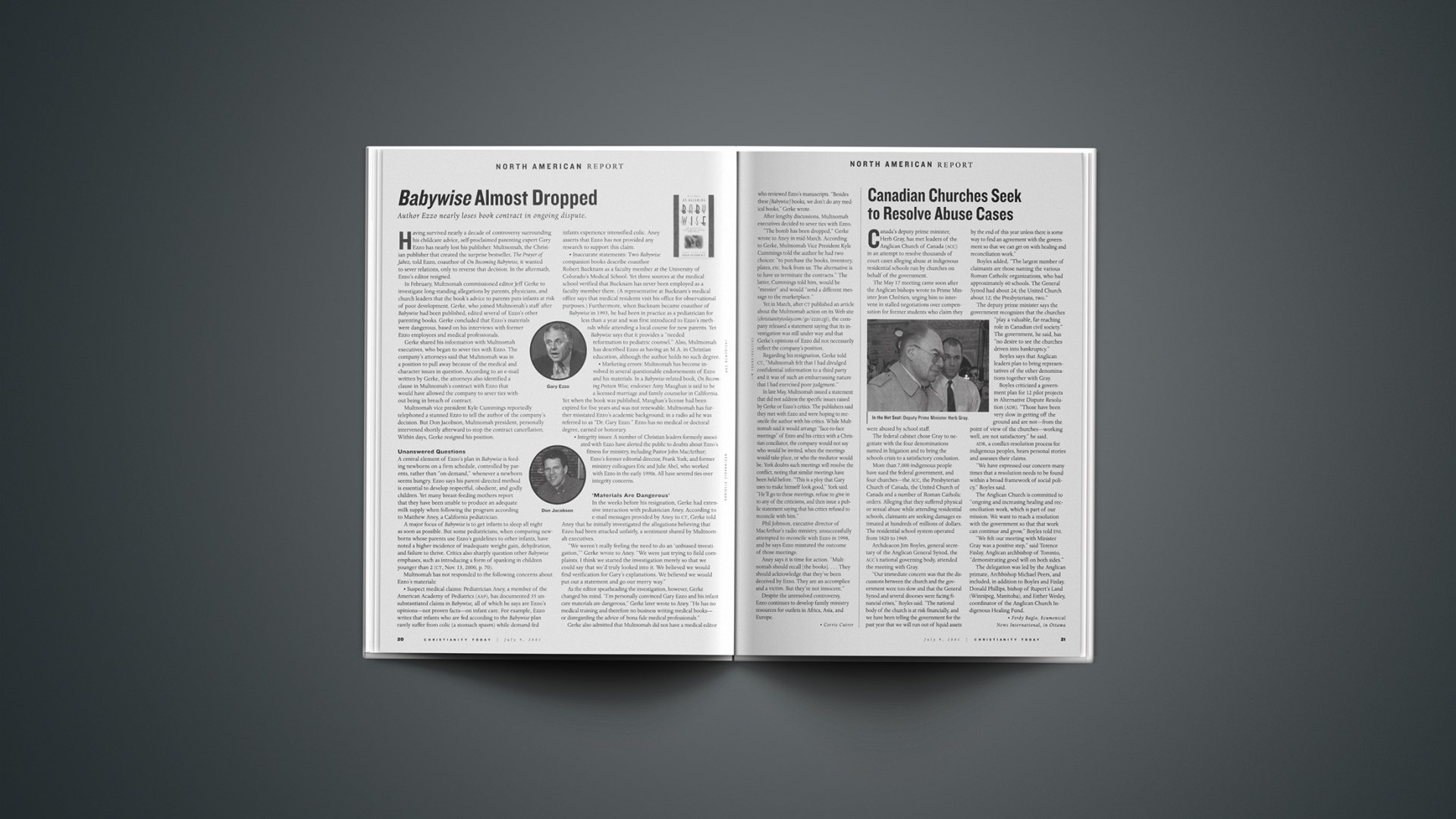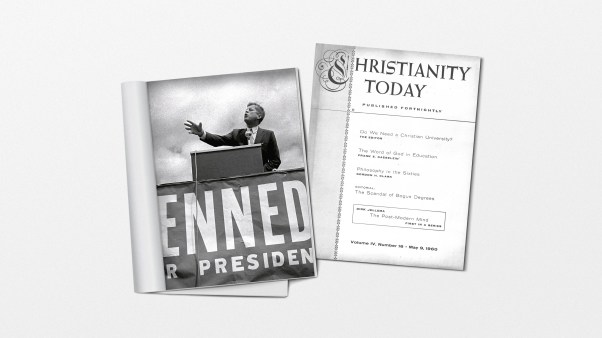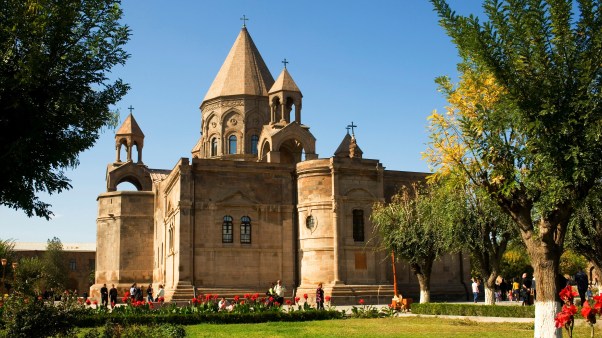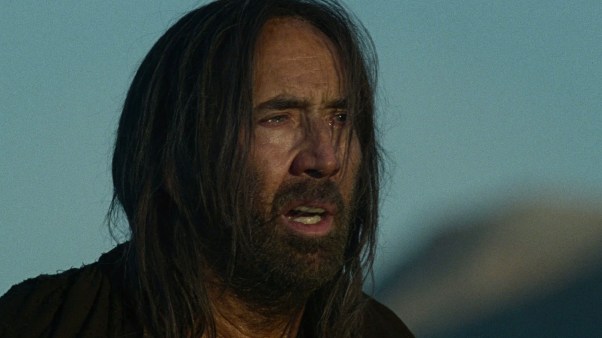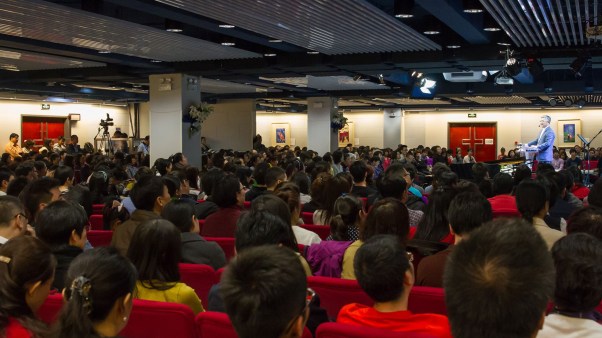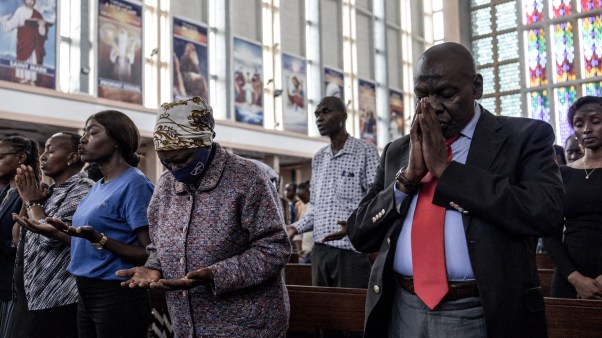Canada’s deputy prime minister, Herb Gray, has met leaders of the Anglican Church of Canada (ACC) in an attempt to resolve thousands of court cases alleging abuse at indigenous residential schools run by churches on behalf of the government.
The May 17 meeting came soon after the Anglican bishops wrote to Prime Minister Jean Chretien, urging him to intervene in stalled negotiations over compensation for former students who claim they were abused by school staff.
The federal cabinet chose Gray to negotiate with the four denominations named in litigation and to bring the schools crisis to a satisfactory conclusion.
More than 7,000 indigenous people have sued the federal government, and four churches—the ACC, the Presbyterian Church of Canada, the United Church of Canada and a number of Roman Catholic orders. Alleging that they suffered physical or sexual abuse while attending residential schools, claimants are seeking damages estimated at hundreds of millions of dollars. The residential school system operated from 1820 to 1969.
Archdeacon Jim Boyles, general secretary of the Anglican General Synod, the ACC’s national governing body, attended the meeting with Gray.
“Our immediate concern was that the discussions between the church and the government were too slow and that the General Synod and several dioceses were facing financial crises,” Boyles said. “The national body of the church is at risk financially, and we have been telling the government for the past year that we will run out of liquid assets by the end of this year unless there is some way to find an agreement with the government so that we can get on with healing and reconciliation work.”
Boyles added, “The largest number of claimants are those naming the various Roman Catholic organizations, who had approximately 60 schools. The General Synod had about 24; the United Church about 12; the Presbyterians, two.”
The deputy prime minister says the government recognizes that the churches “play a valuable, far-reaching role in Canadian civil society.” The government, he said, has “no desire to see the churches driven into bankruptcy.”
Boyles says that Anglican leaders plan to bring representatives of the other denominations together with Gray.
Boyles criticized a government plan for 12 pilot projects in Alternative Dispute Resolution (ADR). “Those have been very slow in getting off the ground and are not—from the point of view of the churches—working well, are not satisfactory,” he said.
ADR, a conflict-resolution process for indigenous peoples, hears personal stories and assesses their claims.
“We have expressed our concern many times that a resolution needs to be found within a broad framework of social policy,” Boyles said.
The Anglican Church is committed to “ongoing and increasing healing and reconciliation work, which is part of our mission. We want to reach a resolution with the government so that that work can continue and grow,” Boyles told ENI.
“We felt our meeting with Minister Gray was a positive step,” said Terence Finlay, Anglican archbishop of Toronto, “demonstrating good will on both sides.”
The delegation was led by the Anglican primate, Archbishop Michael Peers, and included, in addition to Boyles and Finlay, Donald Phillips, bishop of Rupert’s Land (Winnipeg, Manitoba), and Esther Wesley, coordinator of the Anglican Church Indigenous Healing Fund.
Copyright © 2001 Christianity Today. Click for reprint information.

